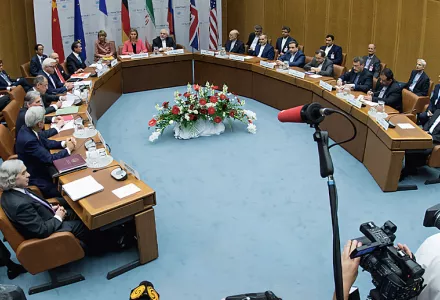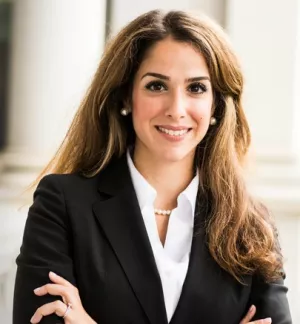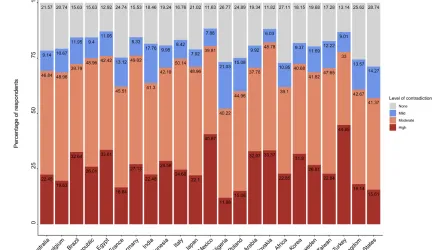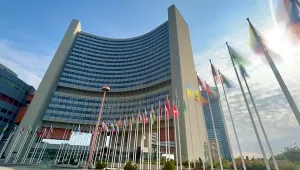
Abstract
Although security concerns and military-technical capabilities remain highly influential components of the often-complex, multi-faceted nuclear decision-making processes undertaken by governments, the interaction of these variables with select normative and social-psychological dimensions found within a country’s domestic political and foreign policy making landscape can, in some contexts, alter the trajectory of a state’s nuclear program. One case of long-standing and critical importance to U.S. policymakers whereby such normative and social-psychological dimensions have historically appeared to play an important role in a state’s nuclear decision-making remains that of Iran.
This paper will seek to explore the role of one such dimension: that of “face.” More specifically, this paper will discuss the underexamined roles of “face” and “collective face” —concepts encompassing such elements as national pride, prestige, and the avoidance of national humiliation—in Iran’s nuclear decision-making. More specifically, this paper will examine the role of Iran’s collective face concerns and the role of face-saving measures in reaching the Joint Comprehensive Plan of Action (JCPOA), also referred to as the “Iran nuclear deal," negotiated between the P5+1 (the United States, China, France, Russia, the United Kingdom, plus Germany), the European Union (EU) and Iran in 2015. By utilizing strategic empathy and deploying these measures as part of its coercive counterproliferation strategy, the P5+1, while satisfying its own collective non-proliferation aims, effectively provided Iran with a means by which it could reserve a level of nuclear prestige, secure adequate institutional buy-in from key domestic power-centers, pay lower reputational costs for its concessions and ultimately maintain sufficient collective face. By looking beyond solely Iran’s security motivations, this paper seeks to inform more holistic negotiation strategies that can potentially influence Iran’s nuclear decision-making in a manner more favorable to U.S. interests.
Nowrouzzadeh, Sahar. “Nuclear About-Face: Examining the Role of Collective Face Concerns in Iran's Nuclear Decision-Making.” Belfer Center for Science and International Affairs, Harvard Kennedy School, July 2023





